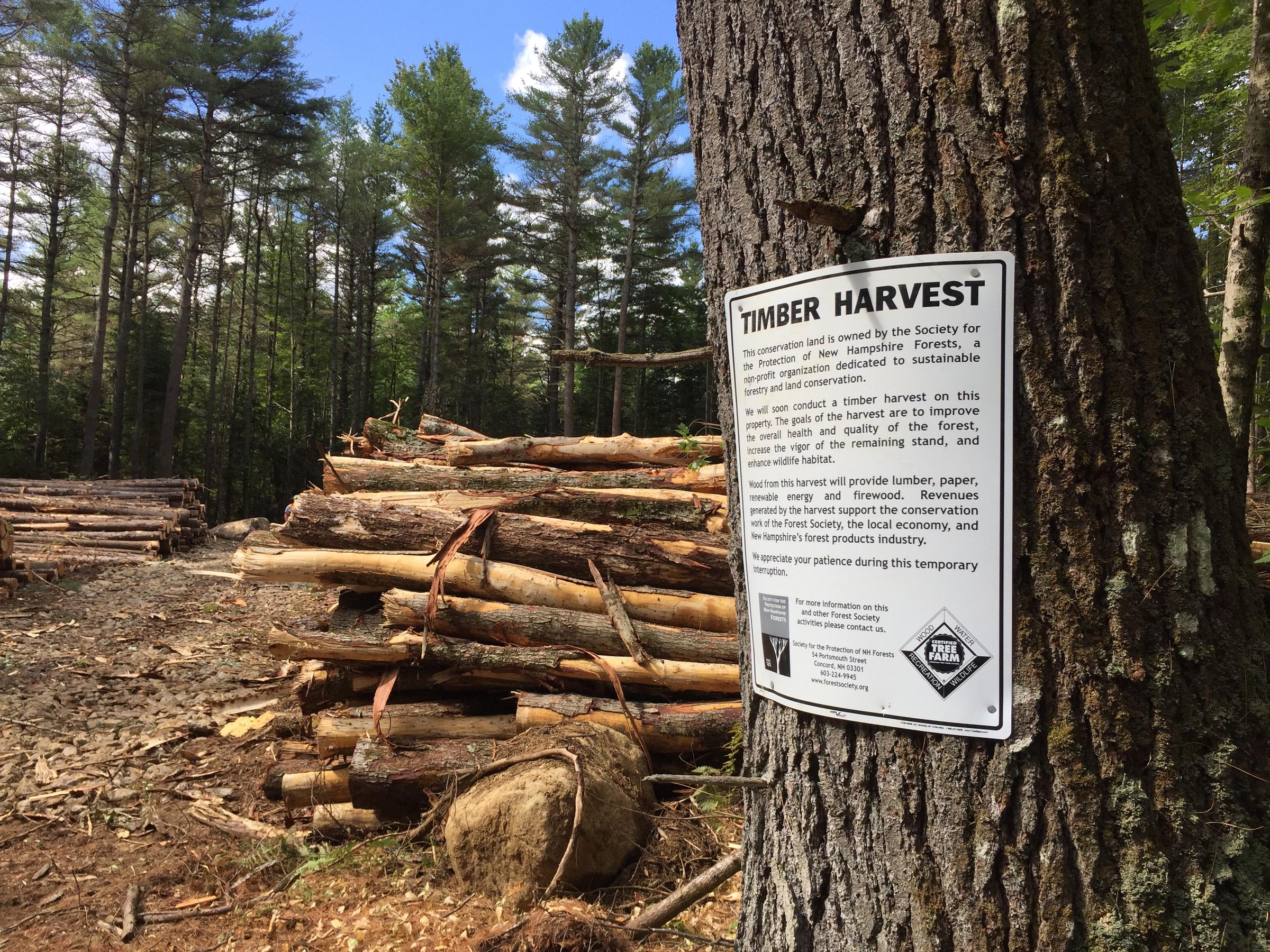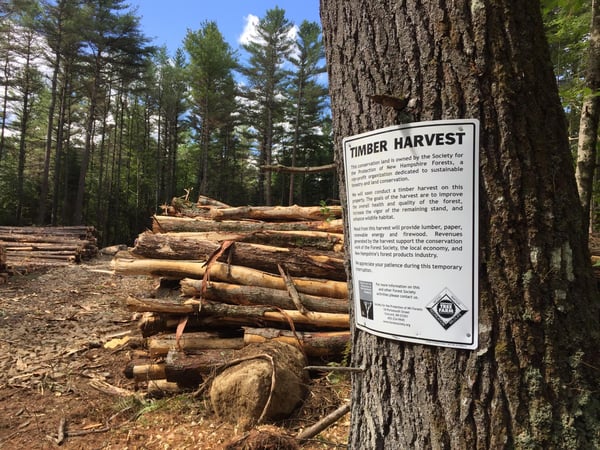2 min read
A Timber Harvest: NH Public Radio Educates on Value of Forests
John Greene
:
August 30, 2017

Over the course of the last 60 years—give or take—the forest products industry hasn’t received fair treatment in mainstream news coverage. On the contrary, the industry has more often than not been demonized at every turn not only by the news media, but also by opportunistic organizations looking to finance their own agendas. Of course, this is nothing new to readers of this blog.
The results of this biased media treatment have been tragic, as generations of young Americans have been bombarded with emotive misinformation, political leaders have passed reactionary legislation and the forest products industry has repeatedly been on the defensive while attempting to educate a largely skeptical and hostile public. But the tenor is changing.
As we noted earlier in the month, the Huffington Post published a thorough, objective article about the dangers of permanently losing American forests to urbanization and land use changes. New Hampshire Public Radio (NHPR) also recently aired a segment titled “Something Wild: A Timber Harvest” that takes the listener on a tour of a logging operation on land in Stoddard, NH that is owned by the Society for the Protection of NH Forests. The organization protects sustainably-managed forests to support New Hampshire’s forest-based economy, and it has conserved over a million acres of managed forests since its founding in 1901.

The landing at a timber harvest in Stoddard, NH. Source: Dave Anderson/Society for the Protection of NH Forests
The NHPR segment host Dave Anderson opens the accompanying written post by documenting some of the emotive hang-ups about forestry that have been so pervasive in recent decades. “We don't often think of trees when we speak of ‘harvest.’ Corn is harvested; apples, tomatoes, squash are the fruits of the annual autumnal rite which is the province of our farmers. Maybe it's because those plants are harvested at the end of their lifespan that we don't lament the moment they are cut down. We're much more precious with our trees.”
Anderson continues, “Maybe because we associate de-forestation with developments of housing sub-divisions, or banal strip malls with all the character and scenic beauty of sound baffles on the sides of our highways. But, as a society we consume forest products as much as we do farm products. And sometimes when a tree comes down it's not to make room for another human edifice, but another tree.”
The 12-minute audio piece takes the listener on a tour of a timber harvest with a professional forester and harvesting crew, who explain all of the dynamics at work: harvesting techniques, safe logging and environmental management concerns, and the importance of keeping forested land as forests so they can continue to combat climate change while supplying the renewable resources we all depend on.
This is the kind of fair-minded media coverage that actually encourages meaningful dialogue. Listen to the whole audio segment here.




